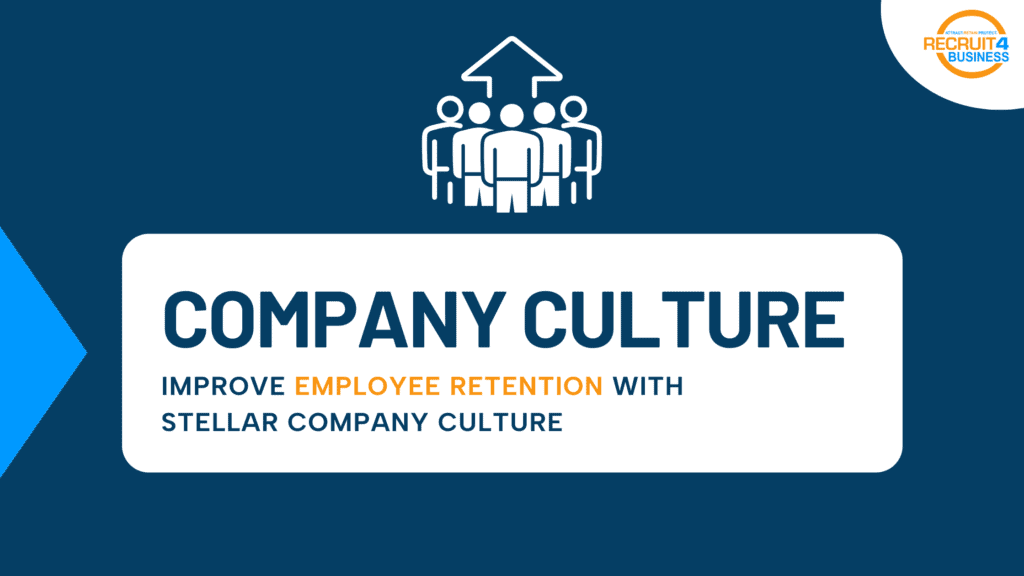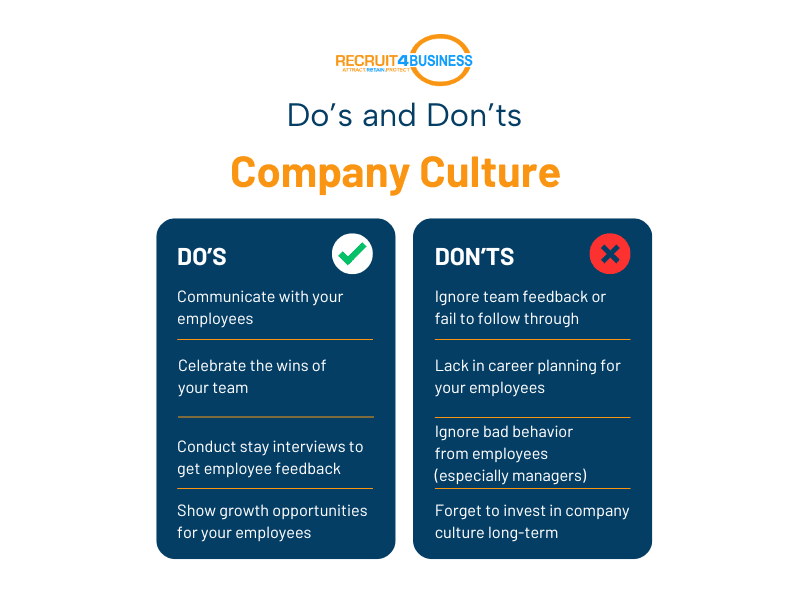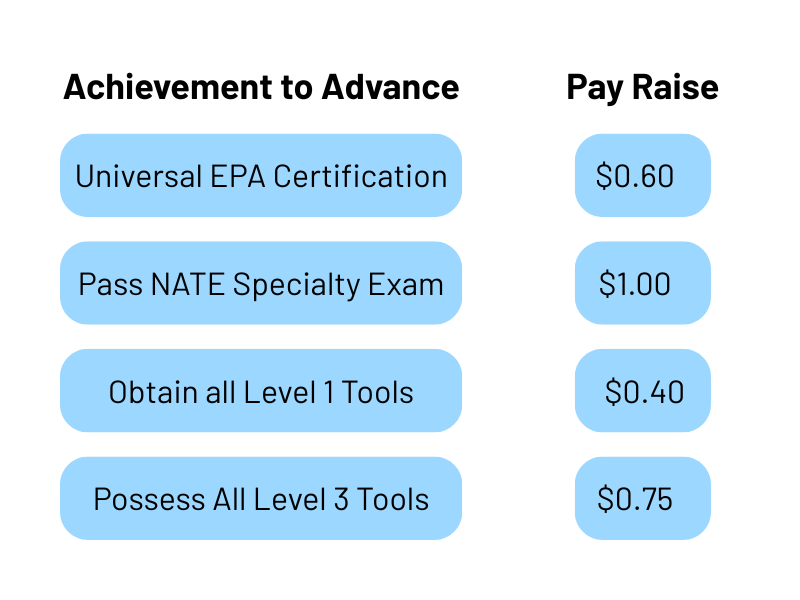How to Improve Company Culture for Employee Retention

Why do employees leave their jobs? It’s not pay. It’s not better benefits. The number one reason is lack of engagement and company culture. In 2024, four times as many people left their job due to “Engagement and Culture” or “Wellbeing and Work-Life Balance” reasons, compared with the number of people who primarily left for better “Pay/Benefits” according to the GallupEmployee Retention survey.
But what is company culture and how do you determine whether yours is helping or hurting your business?
What Is Company Culture?
Company culture is the personality of your company that contains company morale, shared goals, and values that unify your business. It’s how people behave, how they treat each other, and how they feel about the work they do every day.
For example, when an employee makes a mistake, what happens next?
- In a healthy culture, a manager pulls that person aside, talks through the issue, and helps them learn from it.
- In a toxic one, that same manager might yell at them in front of everyone.
When employees fear making mistakes, they stop bringing problems to management. They try to fix issues on their own or hide them, which only creates bigger problems over time. A healthy culture starts with leadership. The attitudes, actions, and behaviors leaders allow or ignore set the tone for the entire team.
How to Define Your Company Culture
If you want to improve your culture, start by figuring out what kind of culture you actually have and what you want it to be.
Ask yourself:
- Do we have a clear mission, vision, and set of values that guide decisions?
- Have we defined the top traits that make someone successful here?
These might include being competitive, team-oriented, detail-focused, or innovative. Not every business values the same things, so take time to define yours.
This can also inform your hiring decisions. If teamwork is one of your core values, ask interview questions like, “Can you tell me about a time you helped a coworker succeed?” Their answer will tell you a lot about whether they fit your culture.
Try this: Ask your team to describe your culture in three words and see what common themes come up. If what you see doesn’t match what you want, that’s a good place to start making changes.
How to Create a Company Culture You’re Proud Of
When you get busy, culture takes a back seat. Use your slower seasons to check in with employees and ask how things are going. Your employee’s feedback reveals more about your culture than anything else. To get honest, actionable insight, consider using a third-party, unbiased source to gather feedback and help you create a clear plan for improvement.

You don’t have to hand out raises or plan a big company party to make things better. (Though if your pay is below market, that’s a problem worth fixing). Positive company culture starts with good communication. Here are a few practical steps that work:
- Use stay interviews
Don’t guess what your employees want—ask them. Stay interviews give you the opportunity to find out what’s working and fix what’s not working for your employees before they lead to bigger problems. - Create clear career paths
Every employee should know how they can grow within your company. Set milestones and talk about future opportunities. People are more motivated when they see a future for themselves. - Give regular feedback
This isn’t the same as a stay interview. Regular one-on-one meetings help employees feel connected and valued. They want to know how they’re doing and where they stand. These should be conducted with your employee’s direct supervisor.

Tip: Misalignment in job expectations and lack of support cause employees to become frustrated in their roles and can contribute to poor company culture. Make sure your employees have the tools needed to successfully complete their job.
The Benefits of Hiring for Culture Fit
We spend a big part of our lives at work, so it’s worth making your workplace one people actually enjoy being part of. When you hire for culture fit, you’ll notice:
- More engaged employees
- Lower turnover
- Better communication
- Higher job satisfaction
When it comes down to it, employees care about two things:
- Feeling valued.
That means paying fairly, offering good benefits, and recognizing their effort. Make sure you’re celebrating their wins. - Having growth opportunities.
They don’t expect to be promoted tomorrow, but they want to know there’s a path forward. Even a simple five-year plan shows them you’re invested in their success.
When you invest in your people, they’ll invest back into your business.
Ready to Improve Your Company Culture?
Every strong company culture starts with leadership. If you’re not sure where to begin, that’s where we come in. At Recruit4Business, we help service-based companies improve retention, strengthen their culture, and build teams that actually enjoy coming to work.
